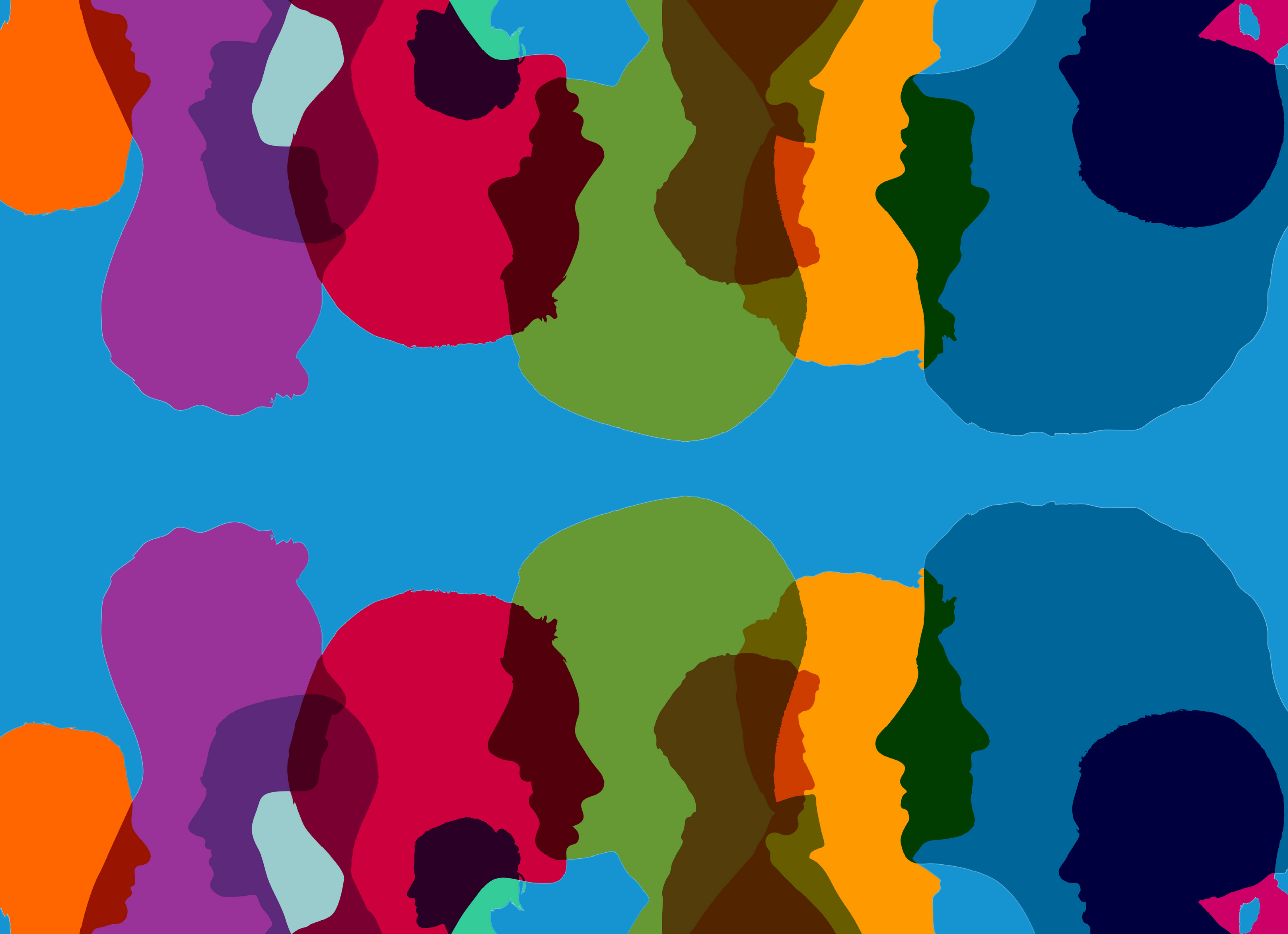Looking Forward: Challenging the Status Quo
Donna Waites, President
What an outstanding year we have had in 2024. “We” being the Sisters of Charity Foundation of South Carolina, but also the collective “we” of our fellow humans. 2024 has been filled with triumphs, uncertainty, new connections, and a continuous flame of dedication to working together. More than anything, this year has brought a sense of clarity and renewed determination to challenge the status quo on poverty.
As Nelson Mandela shared in 2005, “like slavery and apartheid, poverty is not natural. It is man-made and can be overcome and eradicated by the action of human beings.” Dr. Matthew Desmond also recognizes that poverty does not have to exist. Earlier this year, Dr. Desmond spoke to our team and community and called on us to become “poverty abolitionists.”
Poverty abolitionists are individuals that seek to “divest from poverty in our consumer choices, investment decisions, and jobs…detest all forms of exploitation…oppose racism, segregation, and opportunity hoarding in our communities.”
He noted that we must actively choose this path and identify opportunities to become solutionists and doers. Dr. Desmond challenges us to recognize that individual action, collectively, has the power to drive social change and shine a light on the reality that can exist—a reality without extreme poverty in our country. We cannot be complacent in the way things have existed for past decades and generations. We must consciously choose and create different paths for how we engage in poverty reduction work, individually and as communities.

During his visit, Dr. Desmond also posed the following Tommy Orange quote to us: “Kids are jumping out the windows of burning buildings, falling to their deaths. And we think the problem is that they’re jumping.” For the purposes of our work, we can use this analogy to equate people experiencing poverty to the kids jumping from the windows. Too often, marginalized people and communities are characterized only by individual choices that lead to their situations.
There is a misconception that an individual experiencing poverty got there because they did not make the right decisions in their life; that only their decision making has led to lack of a quality education, not having access to reliable transportation or stable housing and employment, or any other items on the long laundry list that is required to live outside of poverty. Rarely are we focusing on the “burning buildings” (think lack of access to education, low-wage jobs, challenges accessing healthcare, etc.) or even the fire-starters (the systems and institutions that created and still play a major role in the racial disparities found in communities experiencing poverty; why some students have different educational opportunities, why low-wage are jobs allowed, or decisions about who receives healthcare coverage and who doesn’t).
We must be courageous enough to look even deeper at the systemic barriers that affect thousands of people experiencing poverty across our state. These are fires that cannot be controlled with one bucket of water (think a single individual or organization). These are fires that require collective involvement to put out the fire completely, not just contain it. This collective involvement necessitates partnerships, deep and meaningful collaboration, and a sustained commitment to working together.
Poverty is a collective problem, and the Foundation is dedicated to working with those who seek a collective solution.
As we look to the years and work ahead, we are invigorated to lean into our core values of justice, collaboration, courage, respect, and compassion as we aim to uncover those collective solutions. We are engaging in a strategic plan that will guide the next few years of our work, and we are holding tightly to the belief that we all have a role in reducing poverty.
We will continue to challenge ourselves to find opportunities to fund, advocate, lead, support, and love the communities we work alongside who also hold that belief true.

We are humbled to do this work, to extend the ministry of the Sisters of Charity of St. Augustine throughout South Carolina. We move forward with the confidence that a world without poverty is possible and that the work ahead will continue to clarify how we (that collective “we” again) can discover, build, and take intentional steps to make that possibility our reality.




